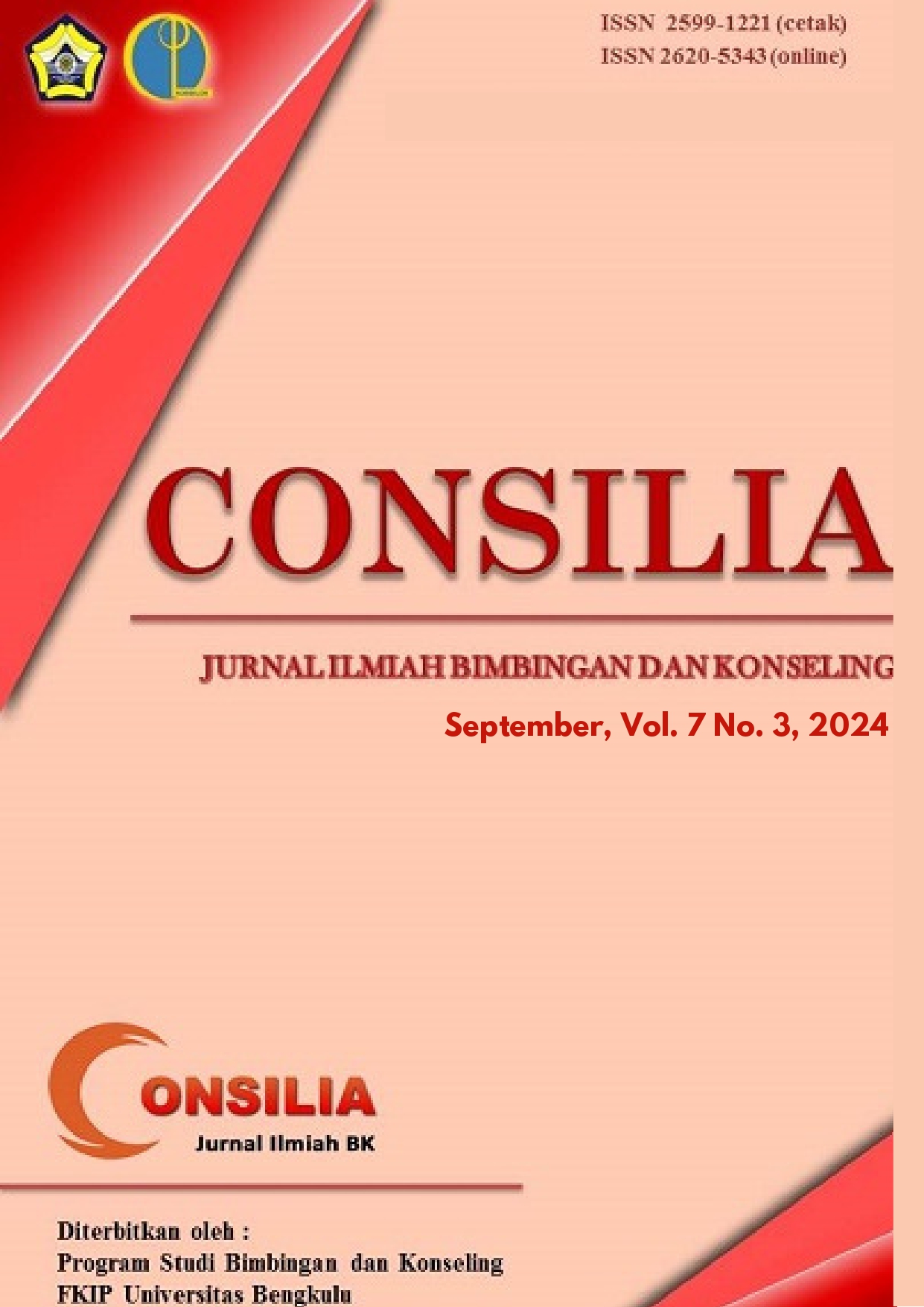Main Article Content
Abstract
The transition process to adulthood known as emerging adulthood does not always occur without obstacles, often influenced by the mismatch between ideal expectations and the reality faced. This can potentially cause a crisis that is often referred to as a quarter-life crisis. This article aims to explore the causes of the quarter-life crisis experienced by generation Z in Indonesia that affect individuals who are in the emerging adulthood phase. In this study, the method used is a literature study that analyzes four relevant journal articles. The data collected were analyzed using qualitative descriptive data analysis techniques to describe the results of the literature. The results of the study indicate that there are internal and external factors that cause quarter-life crisis among generation Z in Indonesia. Understanding these factors in depth is important to support the mental health of generation Z. The various challenges faced by generation Z are very complex, but they also have the opportunity to develop and learn through self-awareness.
Keywords: emerging adulthood, generation z, quarter life crisis
Article Details

This work is licensed under a Creative Commons Attribution-ShareAlike 4.0 International License.
Authors who publish in this journal agree with the following terms:- Authors retain copyright and grant the journal right of first publication with the work simultaneously licensed under a Creative Commons Attribution-ShareAlike 4.0 (CC BY-SA) that allows others to share the work with an acknowledgement of the work's authorship and initial publication in this journal.
- Authors are able to enter into separate, additional contractual arrangements for the non-exclusive distribution of the journal's published version of the work (e.g., post it to an institutional repository or publish it in a book), with an acknowledgement of its initial publication in this journal.
- Authors are permitted and encouraged to post their work online (e.g., in institutional repositories or on their website) prior to and during the submission process, as it can lead to productive exchanges, as well as earlier and greater citation of published work (See The Effect of Open Access).
- This work is licensed under a Creative Commons Attribution-ShareAlike 4.0 International License.
